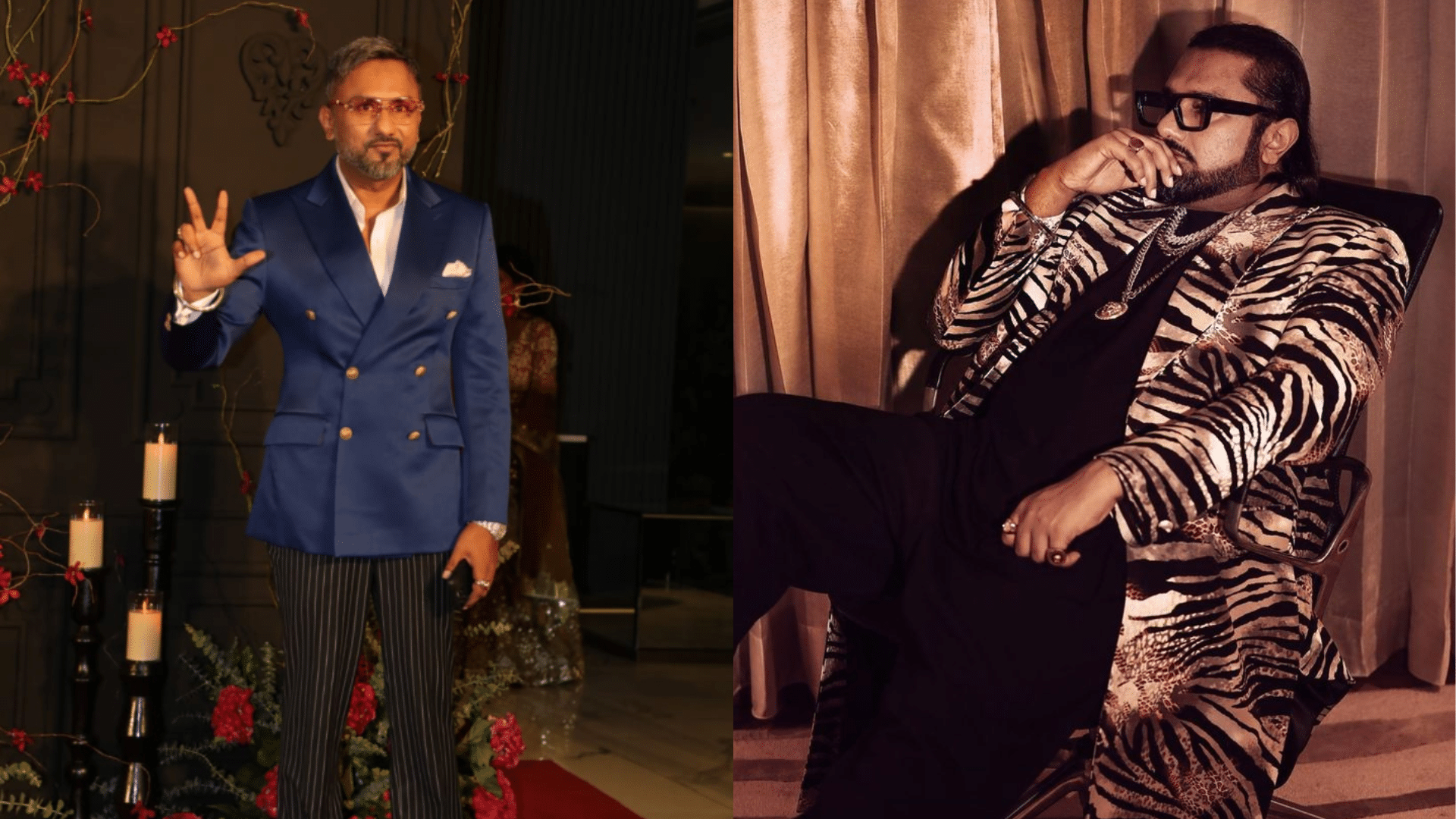Honey Singh’s journey underscores the critical importance of taking mental health seriously.

Honey Singh, often credited with revolutionizing India’s music industry with his chart-topping hits and unique fusion of Punjabi beats and contemporary rap, has long been a household name.
Known for his infectious energy and iconic tracks like Lungi Dance and Desi Kalakaar, Singh’s meteoric rise to fame seemed unstoppable.
However, behind the glitz and glamour lay a turbulent personal battle that brought his thriving career to a sudden halt.
In 2014, at the peak of his success, Honey Singh disappeared from the public eye, leaving fans and industry insiders speculating about his absence.
It was later revealed that the singer-rapper was grappling with bipolar disorder, a mental health condition marked by extreme mood swings, and struggling with alcohol addiction.
Singh’s journey through these challenges was anything but easy, but his eventual return to music stands as a testament to his resilience and determination to overcome adversity.
Honey Singh
Back in 2016, the rapper not only shed light on the pressures of fame but also sparked important conversations about mental health and addiction, subjects often stigmatized in the entertainment industry.
During a conversation with The Times of India, “The truth is I was suffering from bipolar disorder.
It went on for 18 months, during which I changed four doctors, the medication wasn’t working on me and crazy things were happening.”
Honey Singh said, “After the sun went down, I was scared of my own family.
I wasn’t behaving like myself. I was a sick person. I wasn’t in my own control.
But now it is all behind me and I’ve come out of it.
I am under a doctor’s supervision, and before doing this interview, I called and told him that I was going to tell the world about this.”
Honey Singh’s journey underscores the critical importance of taking mental health seriously.
He emphasizes that seeking professional help, such as consulting a doctor, is essential for recovery.
Support and assistance are readily available, but it is often the stigma surrounding mental health that stops people from reaching out.

Honey Singh
Honey Singh revealed he secluded himself from everyone
Honey Singh added, “I had cut myself off from everyone.
I didn’t come out of my room and forget stepping out of the house.
I had a beard and I didn’t get a haircut for months.
For someone who has performed in front of a crowd of 20,000, I was scared of facing 4-5 people.
That’s what bipolar disorder does to you.”
His story serves as an inspiration, highlighting the importance of seeking help and embracing recovery even in the face of overwhelming challenges.
News
Aishwarya Rai Breaks Down After Abhishek Bachchan Allegedly Exposes Extra-Marital Affair with Nimrat Kaur|KF
Bollywood, with its glitz and glamour, often hides the complex personal lives of its stars behind its shimmering façade. Recently,…
Nimrat Kaur के सामने Aishwarya Rai को लेकर ये क्या बोल गए Abhishek Bachchan- मेरे घर पहुँचते ही…|KF
The Bollywood industry is no stranger to rumors and speculations, especially when it comes to the personal lives of its…
‘Queen’ Aishwarya Rai stuns fans with Cannes BTS photos; Abhishek Bachchan & other celebs react (VIDEO)|KF
Taking to her Instagram handle, Aishwarya Rai Bachchan shared some stunning monochrome snaps that have made her fans gaga over…
How Shweta Bachchan RUINING Abhishek-Aishwariya ‘ MARRIAGE, She’s Jealous of Aishwarya’s Fame|KF
The Bachchan family, a cornerstone of Bollywood, has always been in the limelight, not just for their professional accomplishments but…
Bigg Boss 18: Shrutika Arjun becomes the new ‘Time God’; actress gets major immunity from nominations|KF
With each passing day, Shrutika Arjun is emerging as one of the strongest contestants in Bigg Boss Season 18. Just…
Tannaz Irani’s SHOCKING comments on Aishwarya Rai and Abhishek Bachchan amid their DIVORCE buzz|KF
In recent times, the Bollywood couple Aishwarya Rai Bachchan and Abhishek Bachchan has been under the media spotlight due to…
End of content
No more pages to load













Leave a Reply